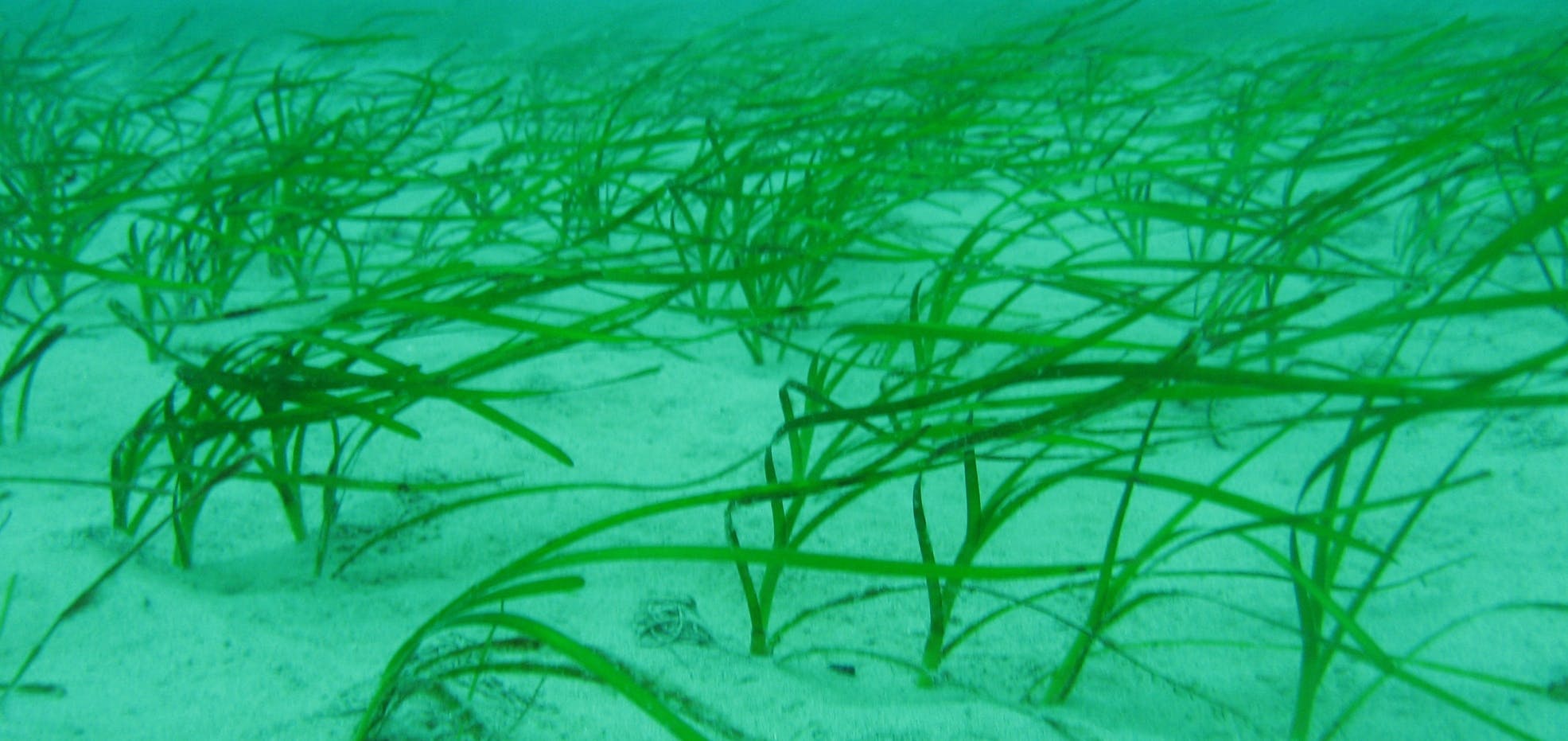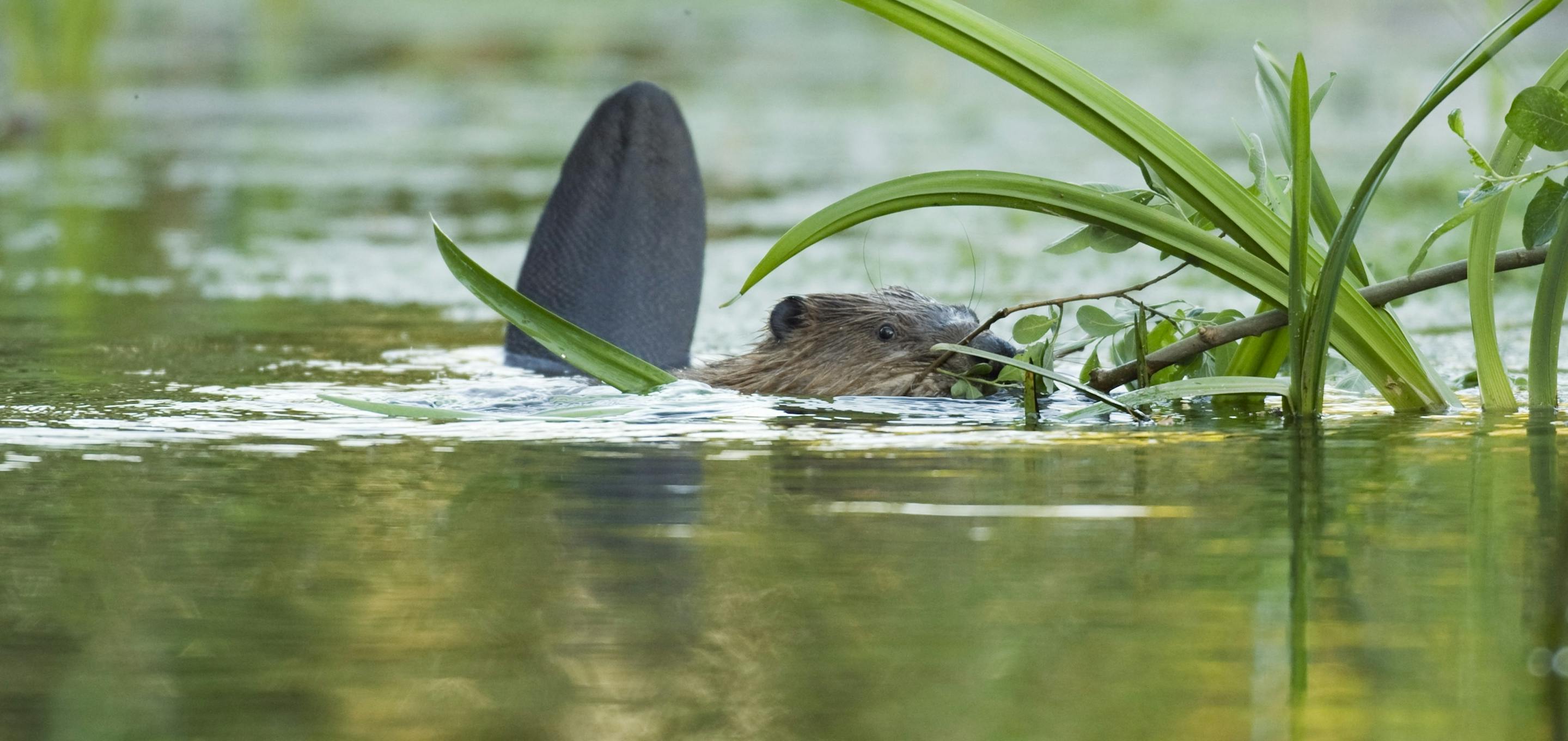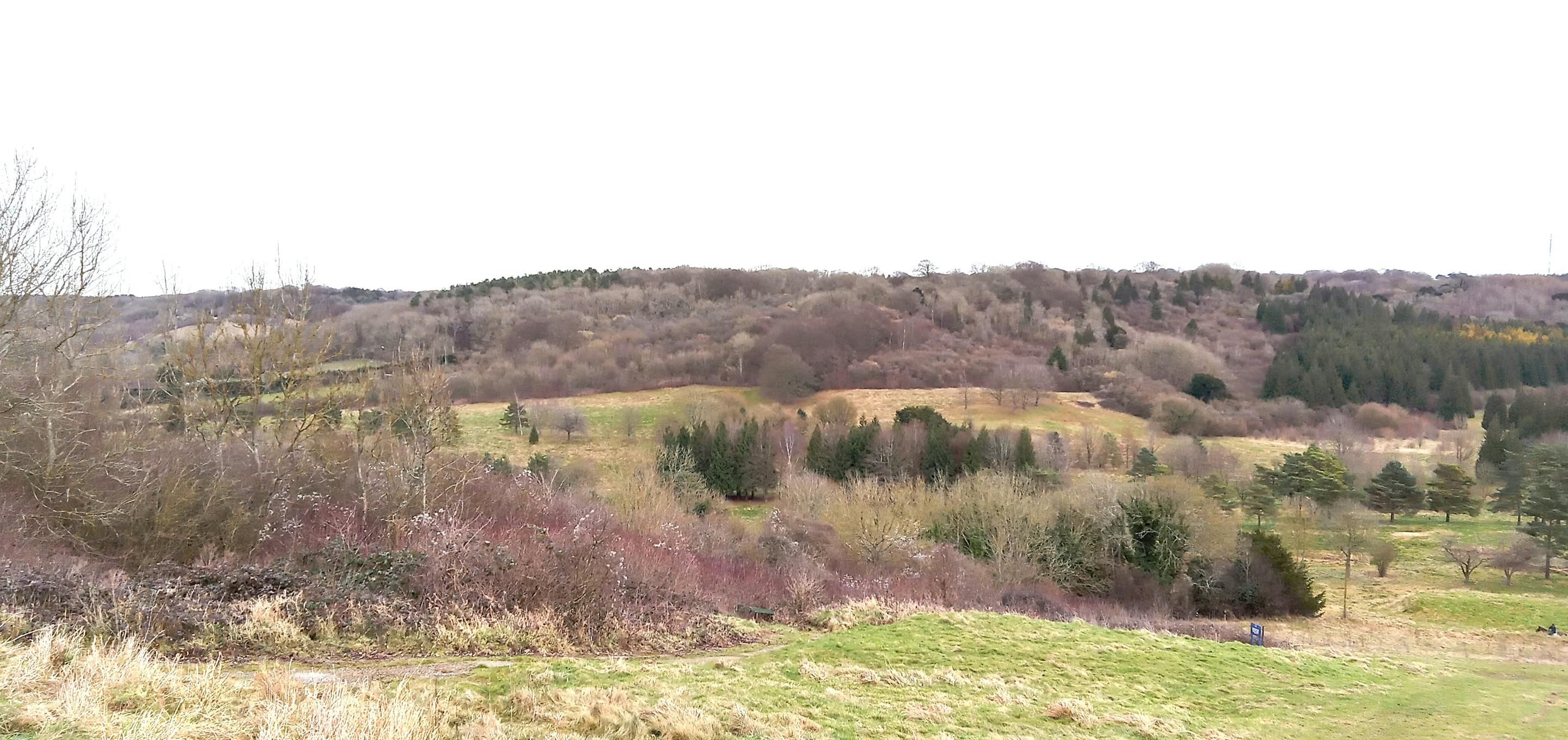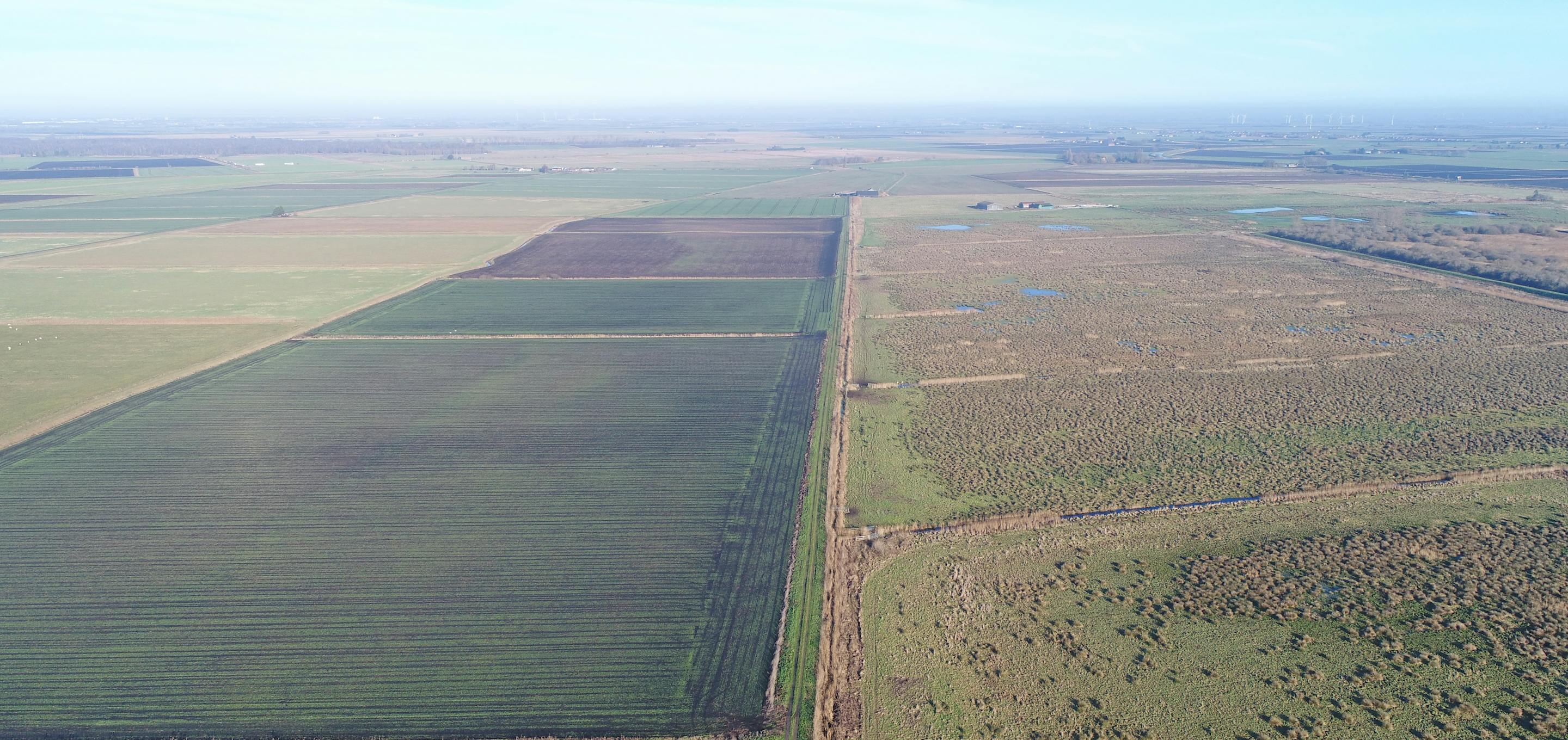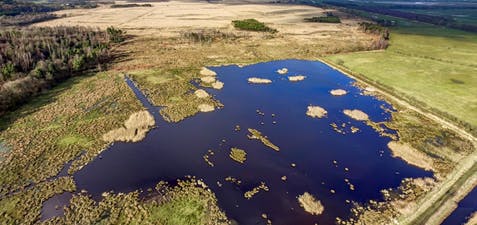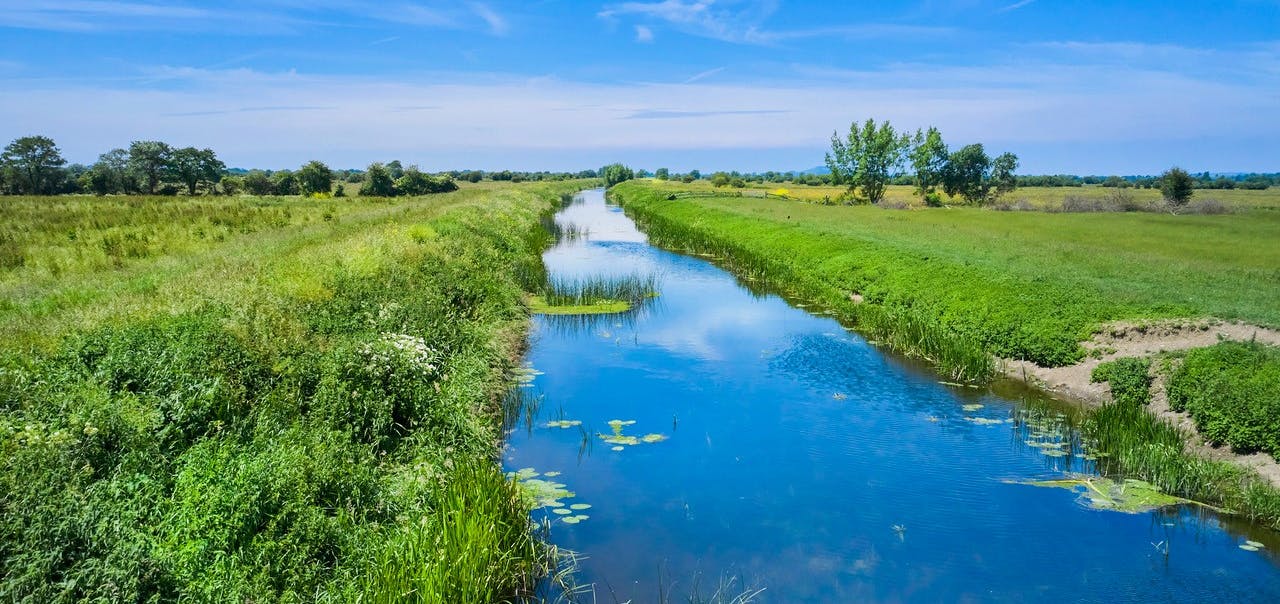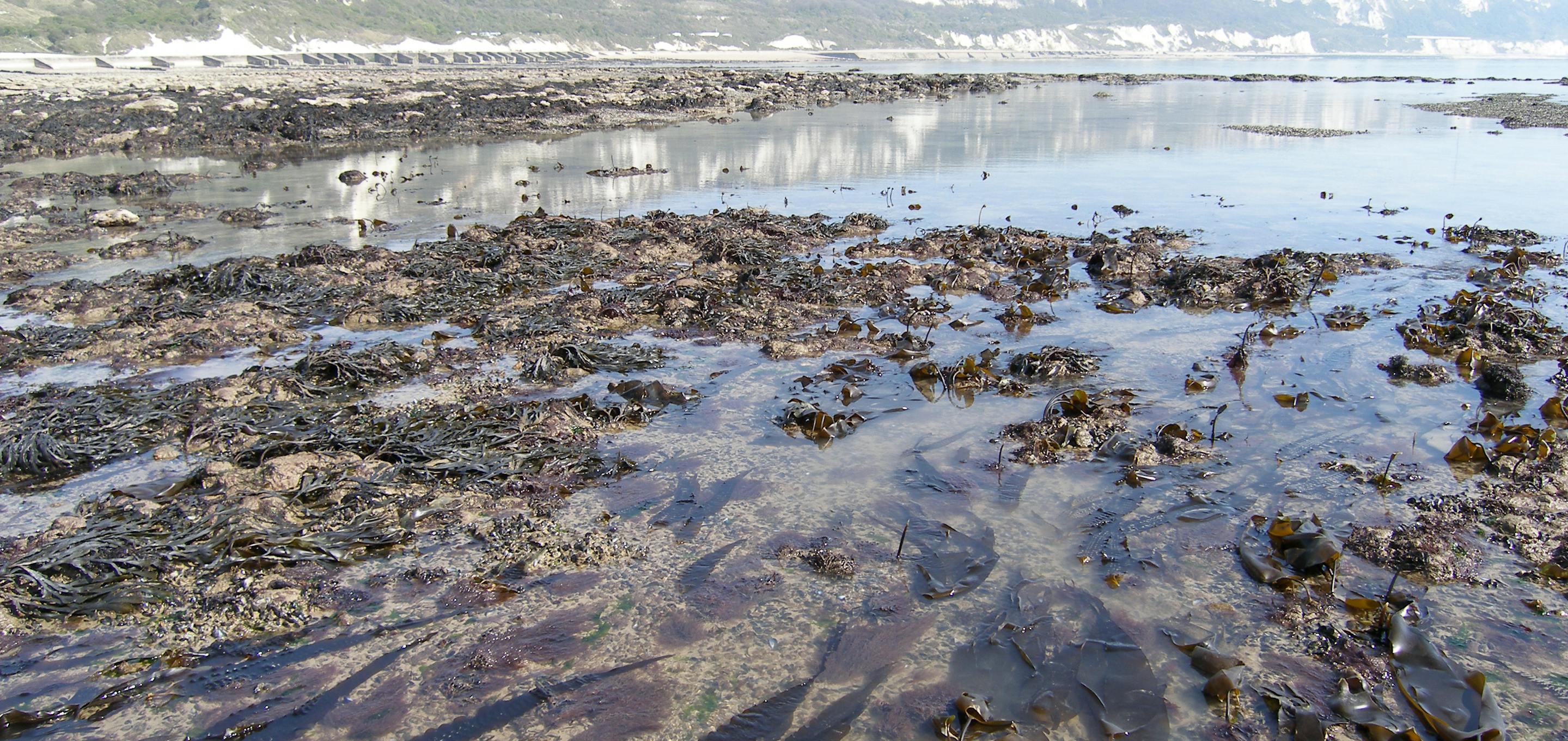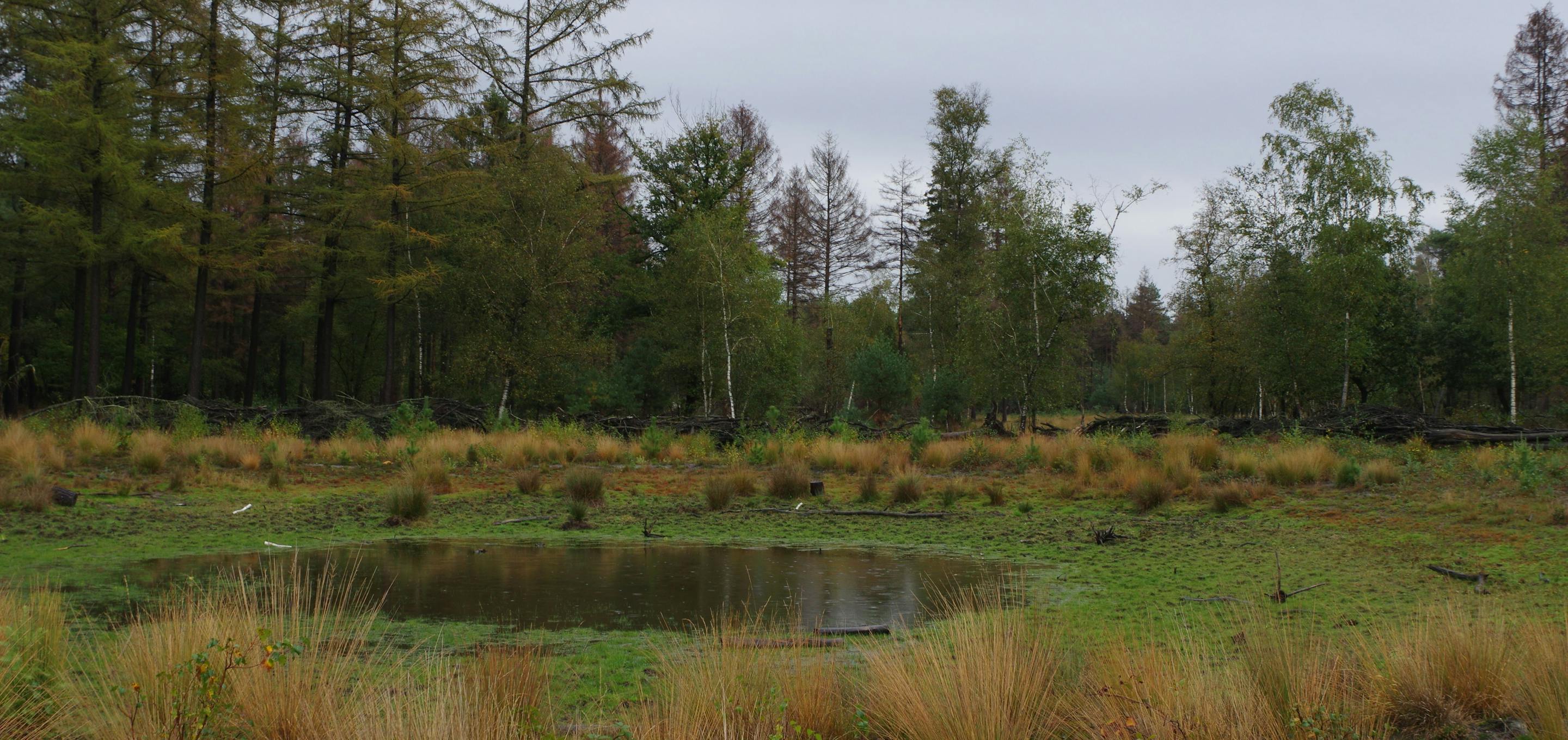
Wilder Blean Woods Complex
The acquisition and restoration over time of 1500ha of wood pasture, wet woodland and broadleaved woodland through natural regeneration. Linked to the pioneering first use of European bison as woodland graziers in the UK.
Cost
Funded
Hectares
tCO2e
Total Saved
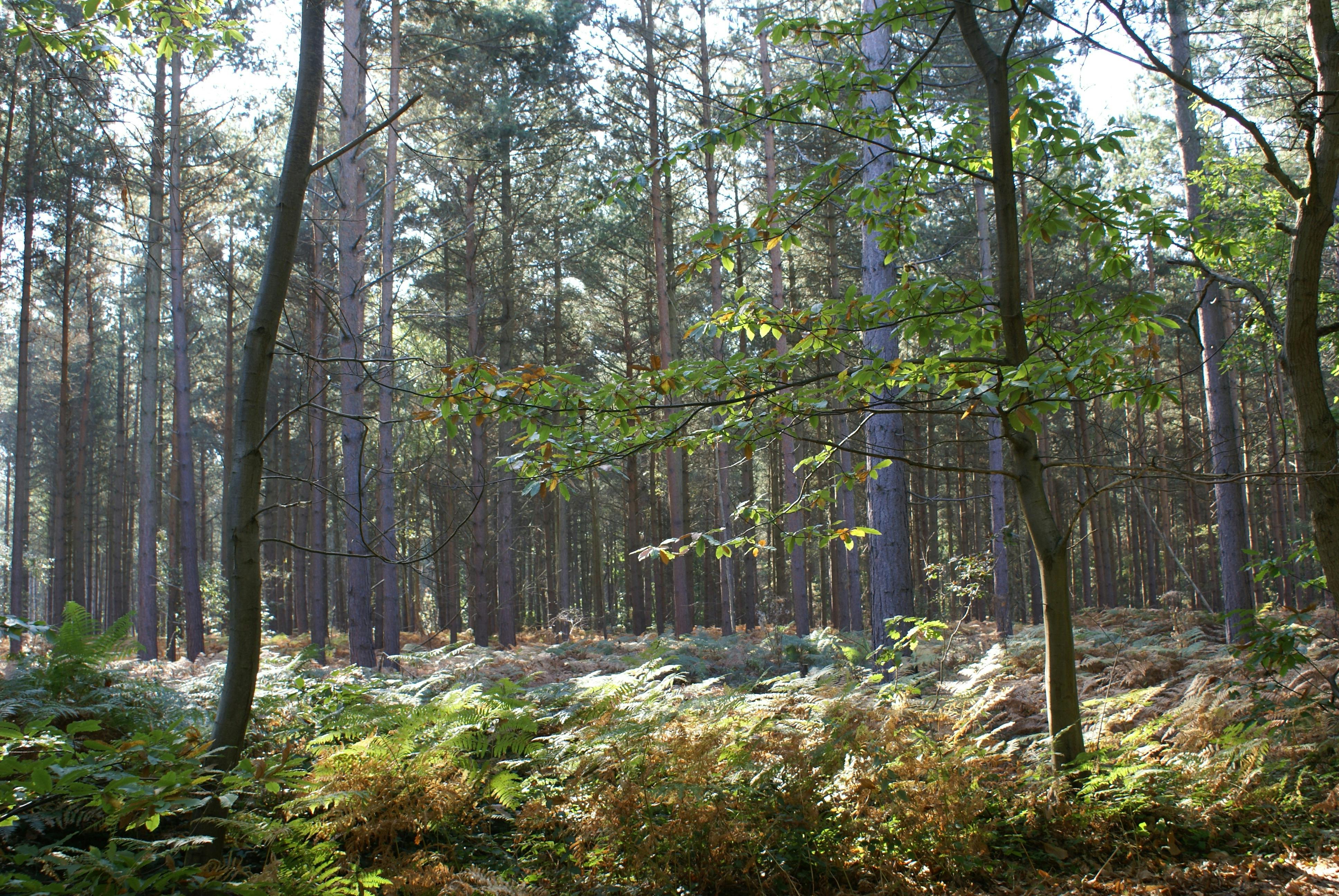
Project Vision
Wilder Blean Landscape Project
The Wilder Blean Landscape Project, is an exciting long-term project to connect the core woodland reserves in the Blean complex, North of Canterbury through the acquisition and reversion of 1550 Ha of predominantly poor or moderate arable land to broadleaved woodland or wood pasture. The project is split into several sub-elements based upon discrete land acquisition opportunities– invest now to support this rolling, long-term programme.
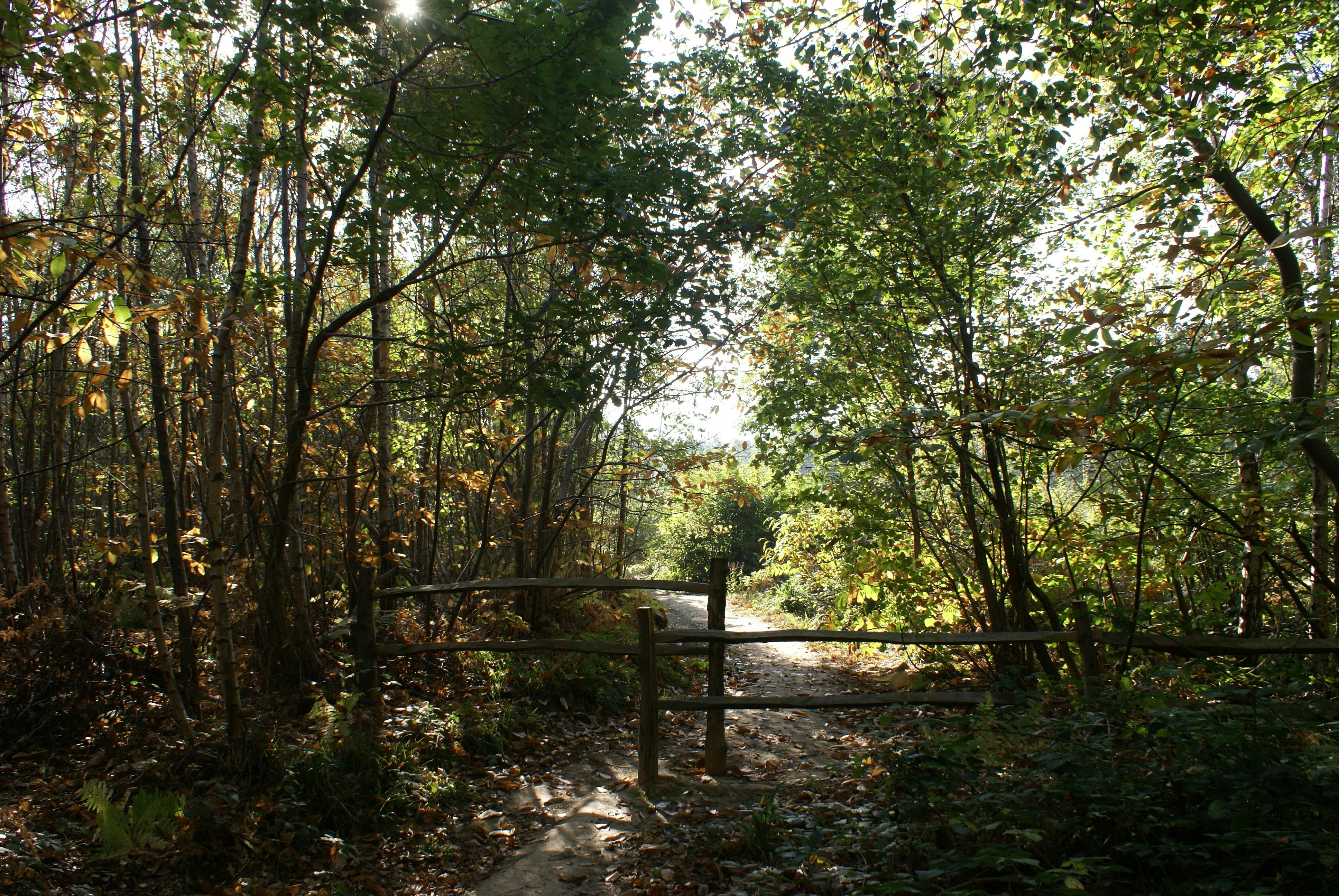
The Aim
Rewild
This supports the Kent Wildlife Trust led vision for a Wilder Blean – the largest broad-leaved woodland complex in Southern England.
Using (re)wilding opportunities and natural regeneration to connect up existing woodland through a network of naturally restored woodland and wood pasture habitat with low-intensity grazing; including with European bison. Re-naturalising of water features and longer-term the reintroduction of species including beavers to provide more wetting of the site, pine marten and red squirrel. This creation of a resilient, connected landscape of diverse habitats, woodland, wood pasture and wetlands will ensure the richness of this landscape for wildlife and provide short and long-term carbon sequestration.
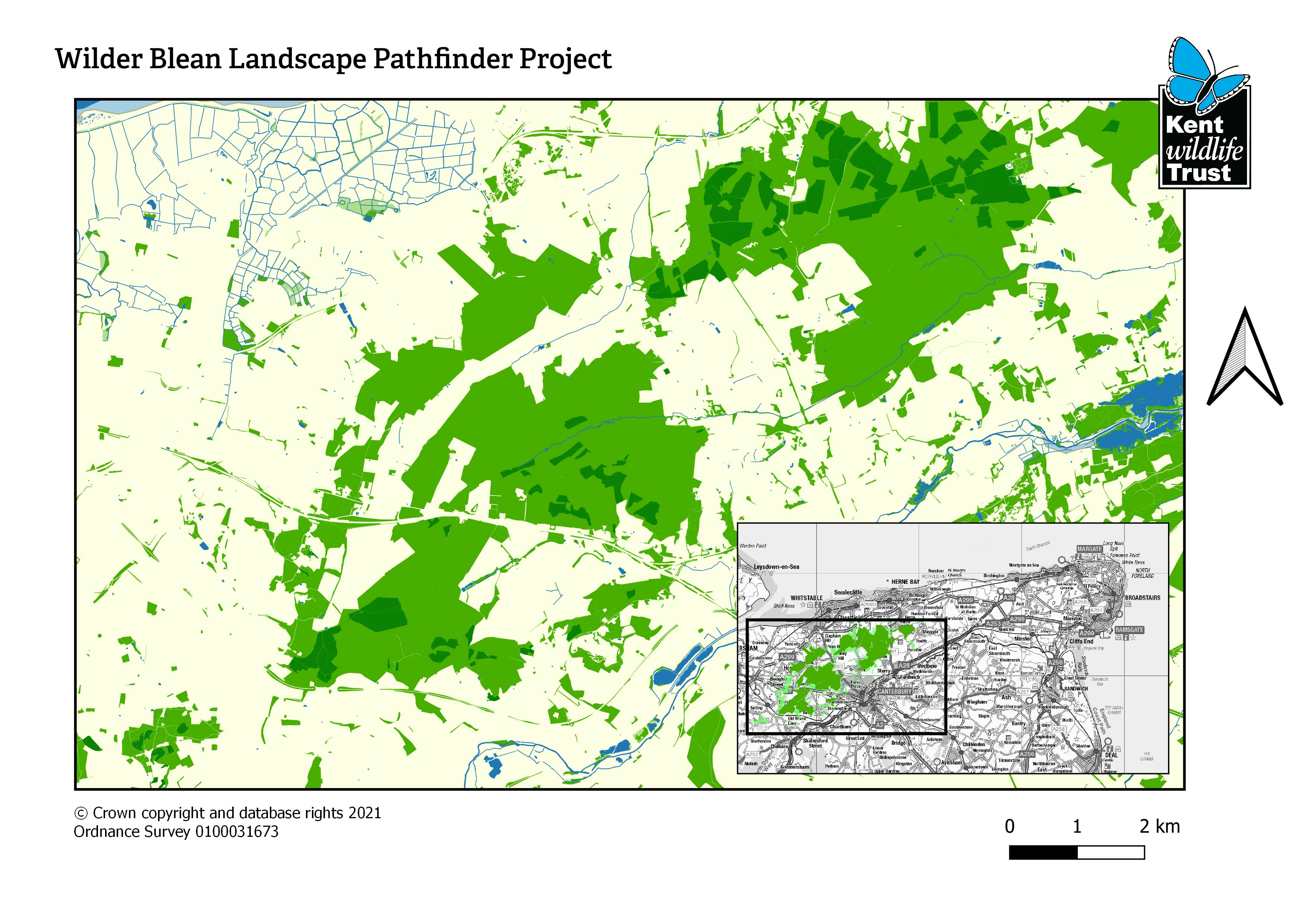
Speak to our Delivery Team
Our delivery team consists of in-house experts who can talk to you about your Wilder Carbon investment.
![Evan Bowen-Jones]() Evan Bowen JonesFounder / Managing Director
Evan Bowen JonesFounder / Managing Director![Paul Hadaway]() Paul HadawayDirector of Conservation
Paul HadawayDirector of Conservation- Sarah BrownlieProgramme Director
![Ross Johnson]() Ross JohnsonHead of Nature Markets
Ross JohnsonHead of Nature Markets![Robbie Still]() Robbie StillHIRegistry -Head of Digital Development
Robbie StillHIRegistry -Head of Digital Development![]() Helen Gillespie-BrownBusiness Development Manager
Helen Gillespie-BrownBusiness Development Manager
Other Projects
- Research & DevelopmentRead more about Solent Seagrass project
Solent Seagrass
- Research & DevelopmentRead more about Mercer's Farm project
Mercer's Farm
- Ready Now
![]() Read more about Heather Corrie Vale project
Read more about Heather Corrie Vale projectHeather Corrie Vale
- Ready NowRead more about Great Fen: Speechly’s Farm project
Great Fen: Speechly’s Farm
- Ready NowRead more about Redhill Regeneration (Boothby Wildland) project
Redhill Regeneration (Boothby Wildland)
- Ready Now
![]() Read more about South Lakeland project
Read more about South Lakeland projectSouth Lakeland
- Ready Now
![]() Read more about Honeygar Farm project
Read more about Honeygar Farm projectHoneygar Farm
- New OpportunityRead more about Blue Carbon project
Blue Carbon
- In DevelopmentRead more about Wantsum Wetlands project
Wantsum Wetlands
- In Development
![]() Read more about Wilder Blean Woods Complex project
Read more about Wilder Blean Woods Complex projectWilder Blean Woods Complex






